Exploring Knoxville’s Housing Market Trends in 2024
Knoxville’s housing market has been drawing more attention recently, especially when compared to other cities in Tennessee. Thanks to a robust job market and a growing reputation as a desirable place to live, more homebuyers are turning their focus to Knoxville. However, entering any housing market requires a clear understanding of its current trends and conditions.
After years of rapid growth, Knoxville’s housing market is showing signs of slowing down. While it remains largely in favor of sellers, the market is gradually moving toward a more balanced state, with home prices softening slightly and homes taking longer to sell. Let’s take a closer look at the key trends shaping Knoxville’s housing market in 2024.
Key Trends in Knoxville’s Housing Market for 2024
Home Prices in Knoxville
As of October 2024, the median listing price for homes in Knoxville was $425,000. This represents a decrease of 3.4% from the same time last year, signaling a cooling from the price surge seen in recent years. It’s important to note that this figure reflects the median listing price, which may differ from actual sale prices depending on the neighborhood and specific property details.
For those assessing the cost per square foot, the median price is $224, offering another perspective on property values in the area.
When it comes to completed sales, the median sold price for homes in Knoxville was $393,000 in October 2024. This suggests that homes are generally selling for less than their original listing prices, further illustrating the shift toward a more balanced market.
Inventory and Supply in Knoxville
There has been a slight increase in housing inventory in Knoxville, with 3,501 homes listed for sale as of October 2024. While this is not a drastic change, it marks a notable shift from the significant inventory shortages that characterized the past few years. For potential buyers, this additional inventory provides a wider selection of homes and could offer more negotiating power during the purchasing process.
Market Shifts in 2024
In October 2024, Knoxville’s housing market transitioned from a seller’s market to one that is more balanced. This means that while there are still more buyers than available homes, the dynamics between buyers and sellers are becoming more even.
- Sale-to-List Price Ratio: Homes in Knoxville are selling for about 99.18% of their asking price, reflecting a balanced market where homes are generally selling close to their listed price.
- Days on Market: Homes in Knoxville are staying on the market slightly longer compared to last year, but the median days on market has decreased slightly from the previous month. This suggests that while homes may not be selling as quickly as they once did, the market is still relatively fast-paced for sellers.
Are Home Prices Declining?
While there hasn’t been a major collapse, home prices in Knoxville are experiencing a modest decline. The median listing price has dropped by 3.4% year-over-year, and the median sold price has also seen a downward trend. While this indicates a slowdown in the rapid price increases of recent years, the market is still holding steady overall.
It’s important to note that these trends are general and individual property values may vary depending on factors such as location, home condition, and local market conditions. Although a significant price crash is not expected, the slight downward trend may continue in the coming months
Key Factors Impacting Knoxville’s Housing Market in 2024
Several elements are influencing the trends within Knoxville’s housing market this year. Understanding these factors is essential for both buyers and sellers.
Interest Rates: While interest rates have eased slightly, they are still higher than in previous years. This can make home purchases less affordable for some buyers, potentially leading to a slowdown in the rate of sales as individuals adjust to the new financial environment.
Economic Conditions and Inflation: The broader economic landscape, including inflation, continues to impact homebuyers and sellers. Economic uncertainty can cause hesitation in making large financial commitments, as people may be unsure of how the market or the economy will evolve.
Increased Housing Inventory: Inventory levels in Knoxville have seen an uptick, offering buyers more choices than in previous years. Although inventory is still below pre-pandemic levels, the increase is a welcome change and helps reduce the pressure on buyers to make fast decisions.
Ongoing Demand: While the housing market has cooled slightly, demand for homes in Knoxville remains strong. The city’s expanding job market, vibrant economy, and high quality of life continue to attract newcomers, ensuring consistent demand for housing.
What This Means for Buyers and Sellers in Knoxville
For Homebuyers:
Current market trends present several advantages for those looking to buy a home in Knoxville:
- More time to make informed decisions: Homes are staying on the market a bit longer than before, giving buyers more time to evaluate their options, consider offers, and potentially negotiate better prices.
- Wider selection of properties: With inventory levels rising, buyers have more options to choose from compared to the last few years when choices were limited.
- Opportunity for lower prices: Home prices have started to soften slightly, which could present buyers with opportunities to secure better deals if they are patient and proactive in their search.
For Home Sellers:
Though the market is still favorable for sellers, the shift toward a more balanced environment requires a more strategic approach:
- Focus on property presentation: Staging your home and making necessary improvements or repairs can make a significant impact on how quickly a home sells and the offers it receives.
- Pricing your home wisely: In a more balanced market, setting the right asking price is crucial. Working with a knowledgeable real estate agent will help you price your home competitively without overpricing, which can result in longer time on the market.
- Expect a longer selling process: Homes are taking a bit longer to sell than before. Sellers should be prepared for a more extended listing period and be patient as they work through the sales process.
Knoxville Housing Market Forecast: 2024-2025
Looking ahead, the Knoxville housing market is expected to remain fairly stable over the next year. According to recent projections from Zillow, there may be a slight decline in home prices by the end of 2024, but by 2025, the market is likely to experience some recovery in home price growth.
Outlook for Home Prices: The general expectation is for Knoxville’s housing market to remain relatively stable in the near future. While a modest price dip is forecasted toward the end of 2024, it’s more likely to be a temporary slowdown rather than a long-term decline. This could be seen as a pause in the rapid price increases of recent years. Overall, the outlook suggests that prices will likely rebound by 2025, signaling a recovery in the market.
Will Knoxville Home Prices Fall or Crash?
Given the current outlook, a dramatic collapse in home prices in Knoxville seems unlikely. While a minor dip in prices is expected, a crash similar to what was seen in previous housing crises is not anticipated. The market is more likely to experience a temporary plateau or a minor correction, followed by a recovery.
As always, unforeseen economic shifts, changes in interest rates, or local market dynamics could impact these forecasts. Buyers and sellers alike should remain vigilant and adjust their strategies as the market evolves.
Should You Invest in Knoxville’s Real Estate Market?
There are a number of factors that make Knoxville a promising location for real estate investment:
Advantages of Investing in Knoxville:
- Strong appreciation rates: Over the past decade, Knoxville has seen significant property value increases, with an average annual appreciation rate of 8.26%, ranking it among the top 20% of U.S. cities for real estate growth.
- Economic stability: Knoxville benefits from a diversified economy that includes key industries like healthcare, education, and technology. This economic diversity helps to buffer the housing market against downturns.
- Affordable housing market: Compared to other major cities, Knoxville offers relatively affordable housing, which is attractive to investors looking for lower entry costs.
- Solid rental market: The rental market in Knoxville is strong, with a vacancy rate lower than the national average. This is bolstered by a large student population, a steady influx of military personnel, and a growing retiree market, all of which contribute to a reliable tenant pool.
- Landlord-friendly environment: Tennessee has laws that are favorable to landlords, including a relatively quick and efficient eviction process. Additionally, there is no state income tax, which can be a significant advantage for real estate investors.
Potential Challenges for Investors:
- Slower population growth: While Knoxville’s economy is strong, its population growth has been slower than other cities, which could impact housing demand and long-term appreciation potential.
- Job growth concerns: While Knoxville’s economy is diverse, job growth has not kept pace with the national average. This could affect housing demand and ultimately limit future price increases.
- Climate risks: Knoxville is prone to natural disasters, such as floods and tornadoes, which could pose risks to property values and lead to higher insurance premiums.
In conclusion, Knoxville’s real estate market offers great opportunities for investors, particularly those looking for affordability and strong returns. However, potential investors should carefully consider both the advantages and the challenges before making a decision.




 Facebook
Facebook
 X
X
 Pinterest
Pinterest
 Copy Link
Copy Link






